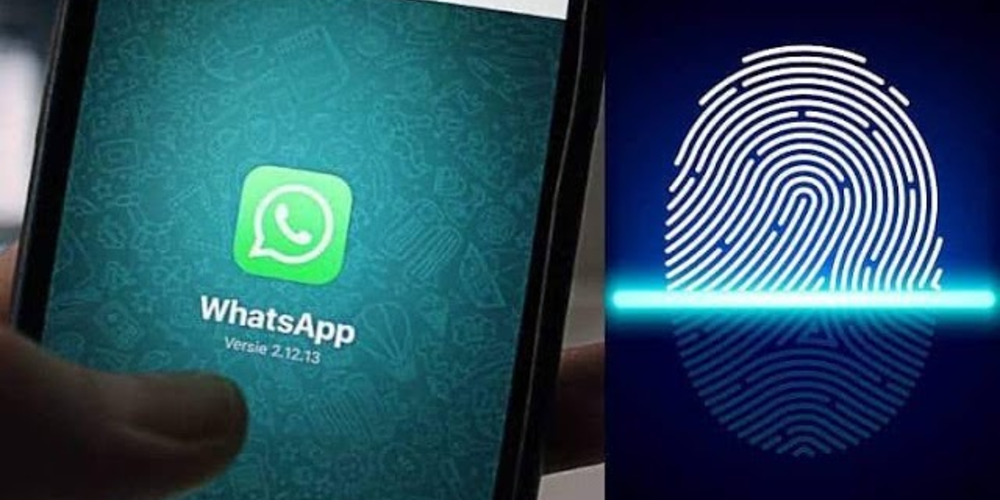WhatsApp's Biometric Authentication: A Revolutionary Approach to User Security
20 Sep 2023

In the ever-evolving world of technology, securing personal data and maintaining privacy has become a top priority for users. Among the leading tech companies, WhatsApp, the widely used messaging platform, is no exception. The company has recently started rolling out a significant security upgrade, introducing biometric authentication as a log-in mechanism. This new feature is designed to provide an extra layer of security and make the login process more convenient and secure.
The essence of this new feature lies in the concept of a passkey. Simply put, a passkey serves as a login credential that replaces the need for remembering and using passwords. This authentication mechanism uses the biometric features of your smartphone, such as facial recognition or fingerprint scanning, to create and verify the passkey. As a result, you can securely log into your WhatsApp account, which makes the process not only effortless but also highly secure.
WhatsApp's new feature was first spotted in its beta version for Android 2.23.20.4 by the feature tracker, WABetaInfo. While the rollout has begun, it's important to note that not all beta users will have access to it immediately. The feature rollout is reportedly targeted at a limited number of beta testers, and not all devices with the latest beta release will have this feature enabled right away.
This innovative approach to secure login isn't entirely new in the tech sphere. Google, for instance, already offers a similar feature, enabling users to log into a new device using fingerprint-based biometric authentication as passkeys. These passkeys are securely stored on your device and used only when biometric authentication is provided. This ensures that even if your device is lost or stolen, unauthorized users won't be able to access your accounts.
WhatsApp's version of the passkey feature is poised to offer similar benefits. According to WABetaInfo, WhatsApp will store the passkey in the device's password manager. For most users, this will be the default password store managed by Google, with autofill support. Furthermore, the company plans to extend this feature to iOS devices as well, where the passkey is expected to be stored in the iOS Keychain.
While it remains to be seen if WhatsApp will support storing passkeys in third-party apps like Bitwarden, 1Password, or Dashlane, the introduction of this feature is undeniably a significant step forward in enhancing user security. This feature is expected to be available to all users in the future following its full rollout. By integrating biometric authentication into its platform, WhatsApp is not only modernizing its security measures but also ensuring that its users enjoy a safe and seamless messaging experience. The world of technology is evolving, and it's reassuring to see that security is at the forefront of this evolution.







